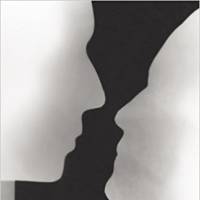Losing face and the public humiliation associated with it is something that we all dread but, in Kobo Abe's 1964 fantasy "The Face of Another," the metaphorical term is made reality when a scientist scars his face in an experiment and has to wander around with a face bound in bandages. In doing so, he finds a newfound respect for other social groups that are shunned for the sake of appearance only.
The Face of Another, by Kobo Abe, Translated by E. Dale Saunders.
237 pages
PENGUIN MODERN CLASSICS, Fiction.
He conceives the idea of reconstructing a new face, not his own. He poses several questions: If you were to adopt the face of another human being, how would that change your own inner identity? Whose face would you chose to overlay upon your own? The scientist soon discovers that donning a mask offers both liberation and imprisonment and that the mask assumes a life of its own.
Like many of Abe's existentialist fantasies, this is not a contemplation of identity in isolation, but is played out through dialogue with the narrator's wife. If a husband assumes the "face of another" and then attempts to seduce his own wife, is she being unfaithful, or are both parties yielding to suppressed urges of sexual humiliation and conquest?
These are interesting concepts, but are often laboriously strung out, leaving you wishing that they were more intensely conveyed. But, in an age in which the politics of identity attract such heated passions, this contemplation of the interaction between personality and appearance suddenly seems strikingly prescient and topical.
Read archived reviews of Japanese classics at jtimes.jp/essential.

















With your current subscription plan you can comment on stories. However, before writing your first comment, please create a display name in the Profile section of your subscriber account page.